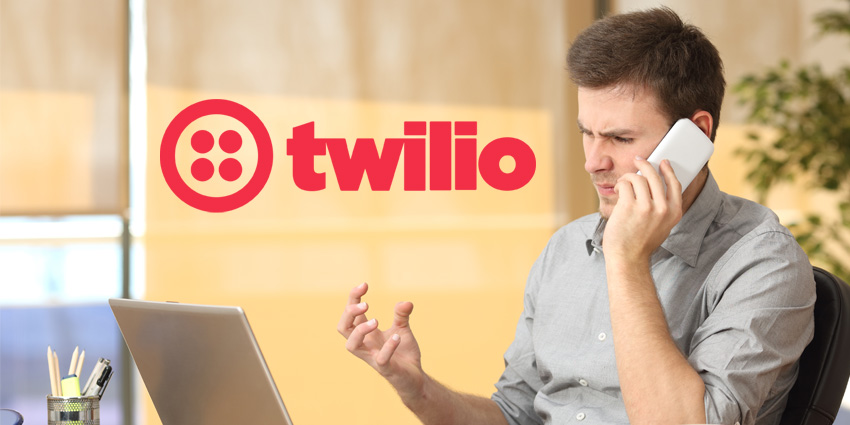New research from cloud communications platform Twilio has looked into the difference between what consumers expect from companies and the experiences they receive.
The research involved social listening for 98 UK brands on Twitter in July 2020 and July 2021, as well as a survey of over 2,000 consumers in September 2021.
The analysis revealed that the ways in which people interacted with brands has forever changed following the emergence of the COVID-19 pandemic and the move to online interaction it mandated, and many consumers are unhappy with the level of customer engagement on offer – with 52% of consumers expecting better brand engagement.
Speed of response was selected by the most respondents as most important to “good” customer engagement at 23%, alongside a single point of contact at 15%, feeling understood at 10%, and being able to use their preferred method of communication, also at 10%.
“Today, every customer interaction counts,” said David Parry-Jones, senior vice president, EMEA at Twilio. “While speed of response plays a part in good customer engagement, today’s consumers have high expectations across the board: they also expect flexibility, consistency and the ability to pick up a conversation where they left off.
“With an ever-increasing number of digital touch points, businesses are presented with a goldmine of customer insights. Ultimately those who win when it comes to customer engagement will be those who leverage this first party data to create truly personalised experiences that reflect customers’ needs.”
Last month, the company teamed up with consultants Deloitte on a report along similar lines, looking into the divergent understanding of trust between US consumers and business leaders. It found that leaders are overconfident about the scale of consumer trust in their brands, to the tune of 79% of B2C business leaders thinking their customers have “somewhat” or “very high” trust in their brands – versus only 52% of consumers.
“Businesses have been forced to reevaluate how they build and maintain relationships with their customers in a digital-first world,” said Glenn Weinstein, chief customer officer at Twilio, at the time. “With so many digital interactions between businesses and customers, there are more opportunities to strengthen or damage customer trust at every touchpoint.”







